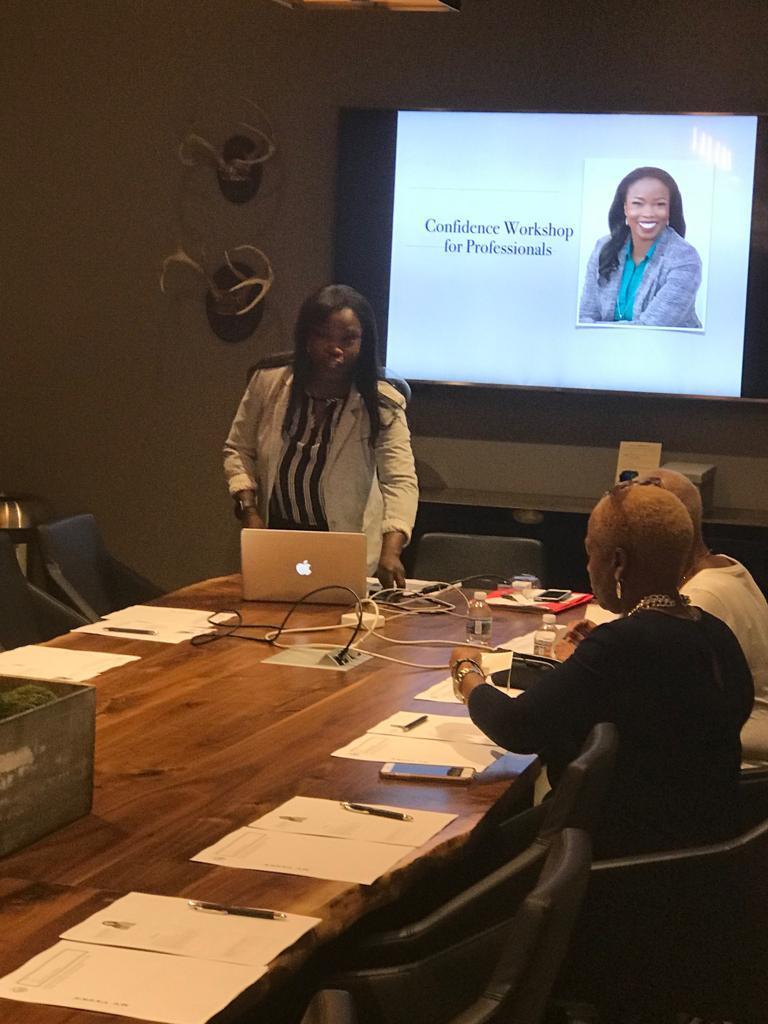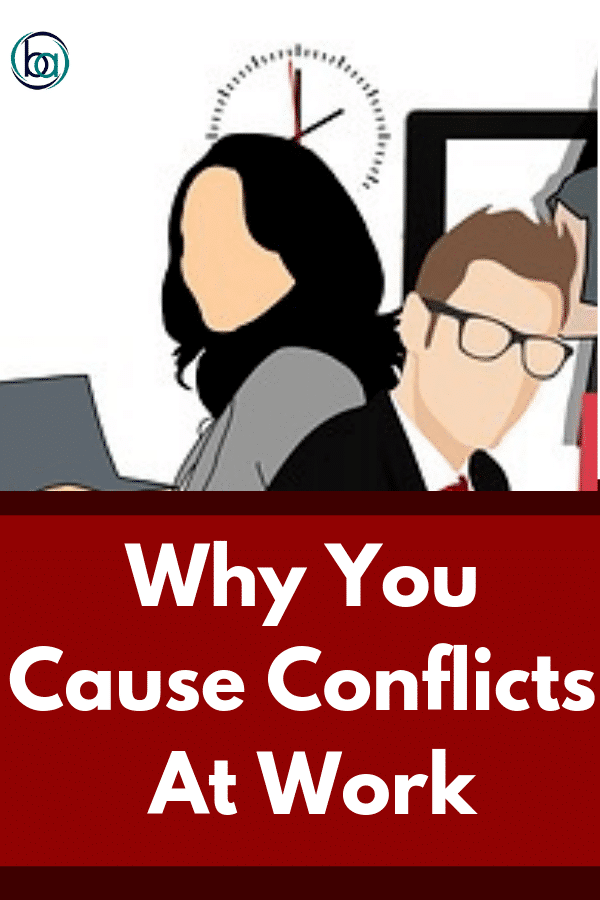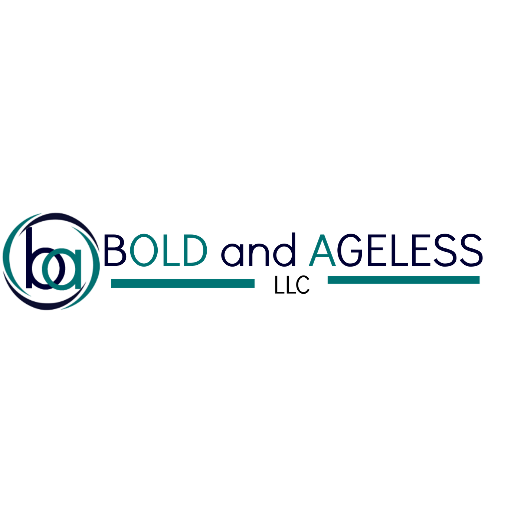
Confidence Course For Professionals
Access what has helped successful professionals to stand out as the best choice for any job, promotion or project lead even if you are a newbie!
Causes of Conflict in the Workplace explains why you and your coworkers are the causes of conflicts in the workplace. Keep watching to find out why so you know how to manage conflicts at work. Below is a summary of the human causes of conflict in the workplace.
Whether you work in a small organization, or you work in a big organization, conflicts are bound to happen. It's a way of life. Conflicts arise because there's a disagreement in a plan or ideas or execution or miscommunication. The common factor in all conflicts is people. You can't have conflict without the participation of other people. Therefore knowing the human causes of conflict in the workplace is valuable and necessary to managing conflicts at work.
1. Personality clashes.
Differences in personalities can be a major cause of work conflicts. If you don't recognize that the person you work with has a different personality, then you are likely to get into more conflict situations with that person. It's just that you work better in one way, and the other person works better in another way. I often refer to the Big Five personality traits: Openness, Conscientiousness, Extraversion, Agreeableness, and Neuroticism to explain how people differ.
- For example, if Mr. A with a high conscientious trait works with a Mr. B with a low conscientious trait, Mr. A may think that Mr. B is not focused and is flighty. Mr. B may think Mr. A is difficult to work with if he did not recognize that these are personality differences. A lack of understanding personalities traits and how they best operate can lead to conflicts at work and even at home.

2. Poor communication.
Poor communication can also be another cause of conflicts at work and in life in general. If you or the other person fails to effectively communicate, it can lead to misunderstandings and conflicts over time. You say something and the other person hears another thing. You are accused by a coworker or boss of not delivering a task by a deadline which you never heard. Without a doubt, a lack of effective communication can be a source of conflict. If you've been clashing with someone you work with, is it possible it is caused by poor communication? Do you speak without being specific?
- For example, you are a team leader, and you want your coworker to mentor a new employee by next week Wednesday. But here is what you say, "The new employee can benefit from some mentoring. Get back to me next week about him". What exactly are you saying? Are you asking the team member to tell you when he can mentor the new employee by next week, or are you asking to receive feedback after the new employee has gone through some mentoring by the next week?
3.The ambiguity of roles.
This has more to do with process conflicts, how things should be done, and who should do them. Have you ever wanted to do a task one way but your coworker preferred another way? This ambiguity left unmanaged can deteriorate into personal conflicts.
If your manager fails to give clear cut roles to team members, including who is in charge of specific tasks, employees may begin to clash over who does what and who has the final say on decisions. The personality of the team members may exacerbate this kind of conflict, where one member feels the other person is trying to dominate.
4. Not letting go of past clashes.
If you hold on to previous frictions, you are making room for conflicts. It is so easy to get offended by little things if you hold on to past misdeeds and mistakes from your coworkers because you would always question their motives and intents.
Not only are you holding on to that episode that happened, but you are also reacting when you're relating with that coworker. You give that coworker an attitude because something happened between two of you.
If you do not let go of past incidents, it's going to affect your relationship with that person in the future and you become sensitive to everything. You begin to read meanings where nothing is happening. It becomes so easy to get into conflict because you are holding on to what happened in the past.
5.Emotional reactions.
Emotions are a crucial part of human interactions, and a good part of it if balanced with logical reasoning. When you react to a situation purely based on emotions, the situation can deteriorate quickly. It is not unheard of that people get into a brawl at work, something that they wouldn’t have done otherwise.
So if you find yourself often reacting purely with emotions, then you have to consider if it's facilitating, or lessening workplace conflicts. Every emotional reaction must be balanced with logical reasoning because you want to make sure that people understand exactly why you are vexed.
These are five reasons why you and I can be the cause of conflicts in the workplace. It's a good thing to do a self-reflection and see what it is that you can change about yourself so that you can get better moving forward. I'll see you in the next video.
